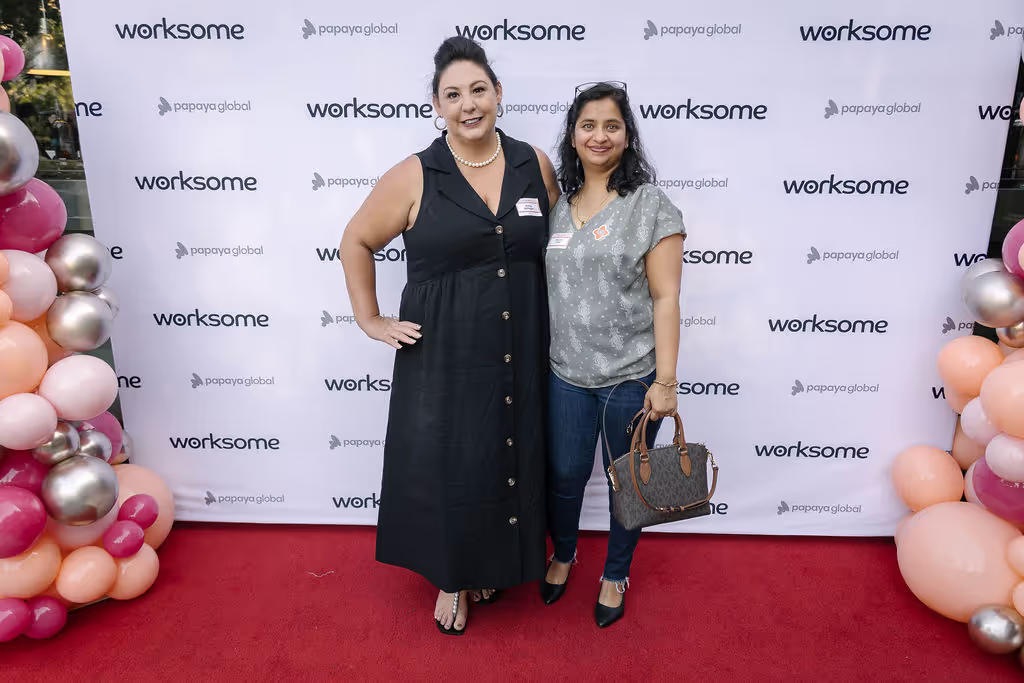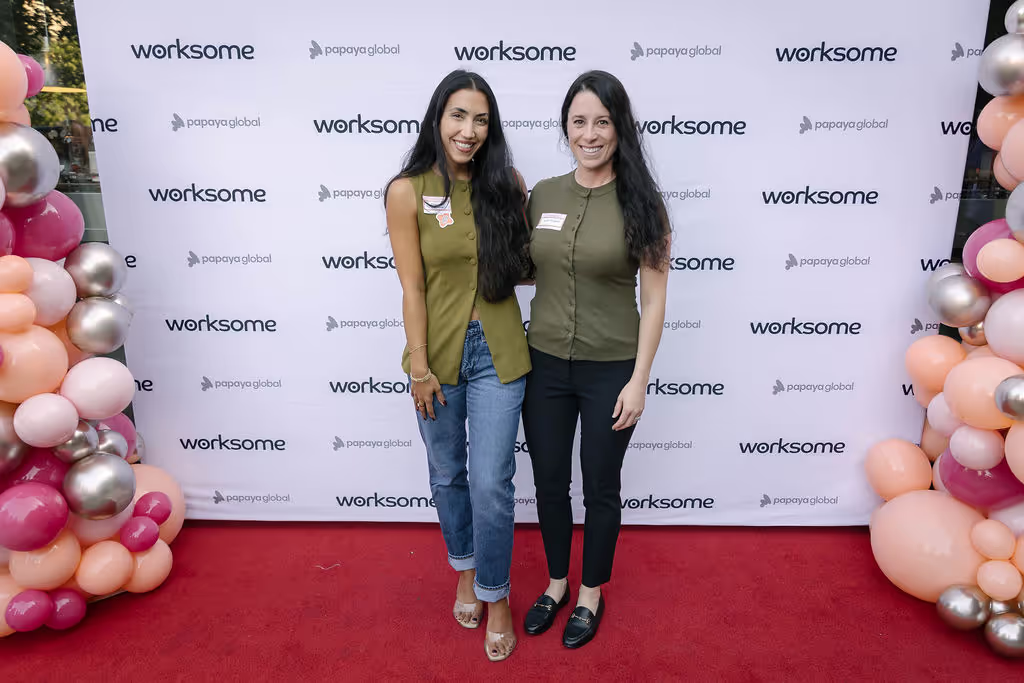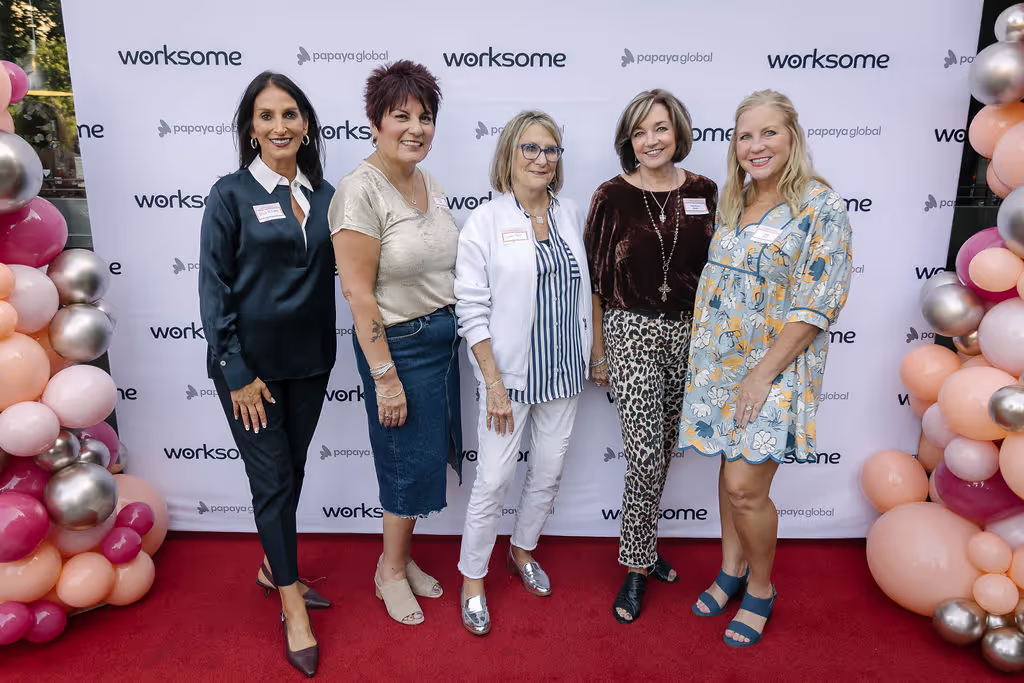To create an attractive work environment for the increasingly fluid workforce, companies are reinventing the work experience.
Following the pandemic, coworking spaces became more famous for freelancers and companies alike. In 2005 there were only a few coworking spaces across the United States; by 2013, there were over 861, according to Statista.
This trend has continued to replicate around the globe. Now freelancers lead the largest coworking demographic in the world, with the United States having over 80 million square feet of coworking space for them in terms of real estate, making it the global leader, according to small business genius.
With nearly 6,200 spaces in 2022, coworking has provided opportunities to break away from solely working at home, slashing costly office expenses, promoting shared learning, social interactions, and innovation.
The growth of the freelance economy
In addition to the pandemic, the rise in professional freelancers has partly fueled the increased flexible office space offerings. In 2017, 57.3 million people in the US freelanced, equivalent to 36 percent of the American workforce, according to a study by Upwork.
In Europe, 45 percent of workers will be self-employed in the next five years, either entirely or in combination with another job, according to IDC.
They are also likely to seek alternative office spaces.
This overall trend is particularly prevalent among Millennials, who value the freedom offered by flexible schedules and locations. According to a study from Upwork, 47 percent of working Millennials freelance, which is a higher rate than any other generation. This trend has brought together all types of professionals, regardless of their skill level, experience, or age.
Let Worksome help you drive disruptive innovation instead of just sustaining.
Sign up for a free demo today.
There are significant benefits to using coworking spaces
The Harvard Business Review claims that freelancers who use coworking spaces see an increase in productivity and overall happiness. They experience greater autonomy, structure, and a chance to switch up their daily routine. Most importantly, coworking spaces offer freelancers and working professionals the opportunity to connect and form a community.
Coworking spaces foster innovation for established companies
The goal is to foster an organizational culture that is innovative and encourages collaboration. According to the Financial Times, many big companies aim to attract and retain employees with an entrepreneurial mindset by offering them the chance to be part of a wider community.
This development is part of an organizational change towards accommodating the flexible workforce, which has transformed the labor market.
Flexible employment structures feed into flexible workplace structures
For HR professionals, it's a way to extend the company's culture and engage employees in new ways. We already see this development among established companies. A recent Q3 occupier survey by the CBRE indicated that 44 percent of US companies already use a flexible open office setups. The survey also shows that leaders expect the usage and demand for coworking spaces to increase over the next few years.
Tech giants like Verizon, IBM, and Microsoft are already testing coworking spaces to support innovation and idea exchanges. Microsoft made headlines at the end of 2016 with its decision to shift 30 percent of its employees in its sales department in New York to coworking spaces.
For years researchers from Harvard Business Review have studied how employees thrive in alternative office spaces and found that people perform better than employees who work in regular offices.
Yet another study by Harvard Business Review found that working among people doing different jobs can enhance an employee's sense of identity. The studies show that people who cowork have substantial autonomy and can express themselves "at work."
As a result, employees feel more committed to their companies and are more likely to work for the company for prolonged periods, even if they are job-hoppers. They are also more likely to bring their best effort and contribute new ideas to the office.
The next time your business goes over the numbers for the upkeep and rent of your static offices, consider the savings if coworking spaces were to be adopted. It might not be for you, but then again, it could be a game-changer for the productivity of your flexible, ever-growing contingent workforce.
For more information about the transforming flexible economy, checkout our latest article about how organizations should take a holistic approach integrating agile talent.



































